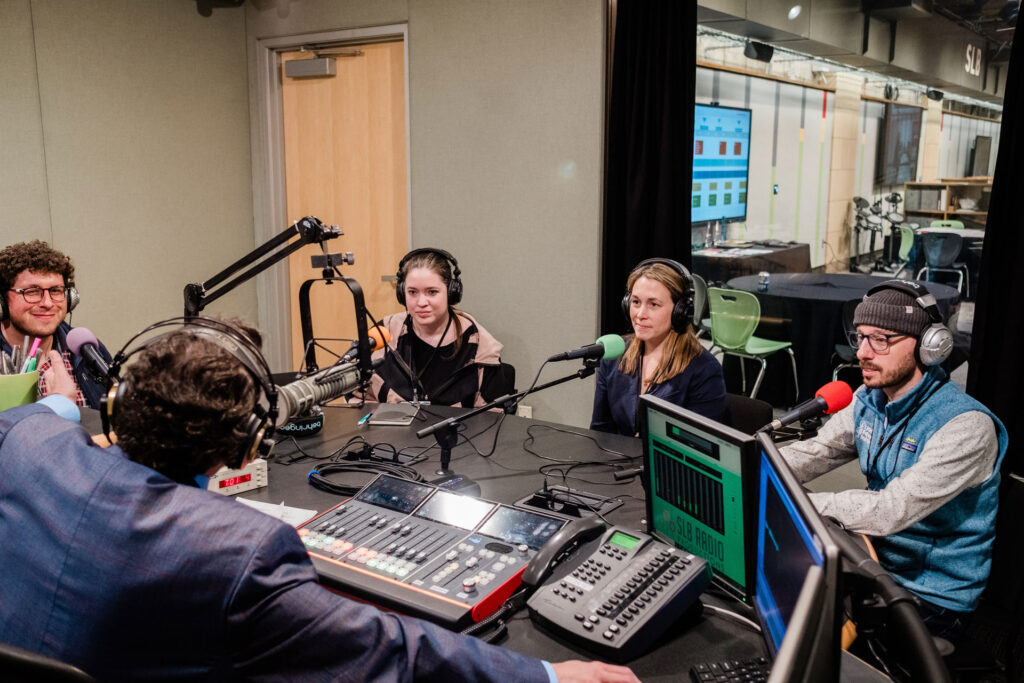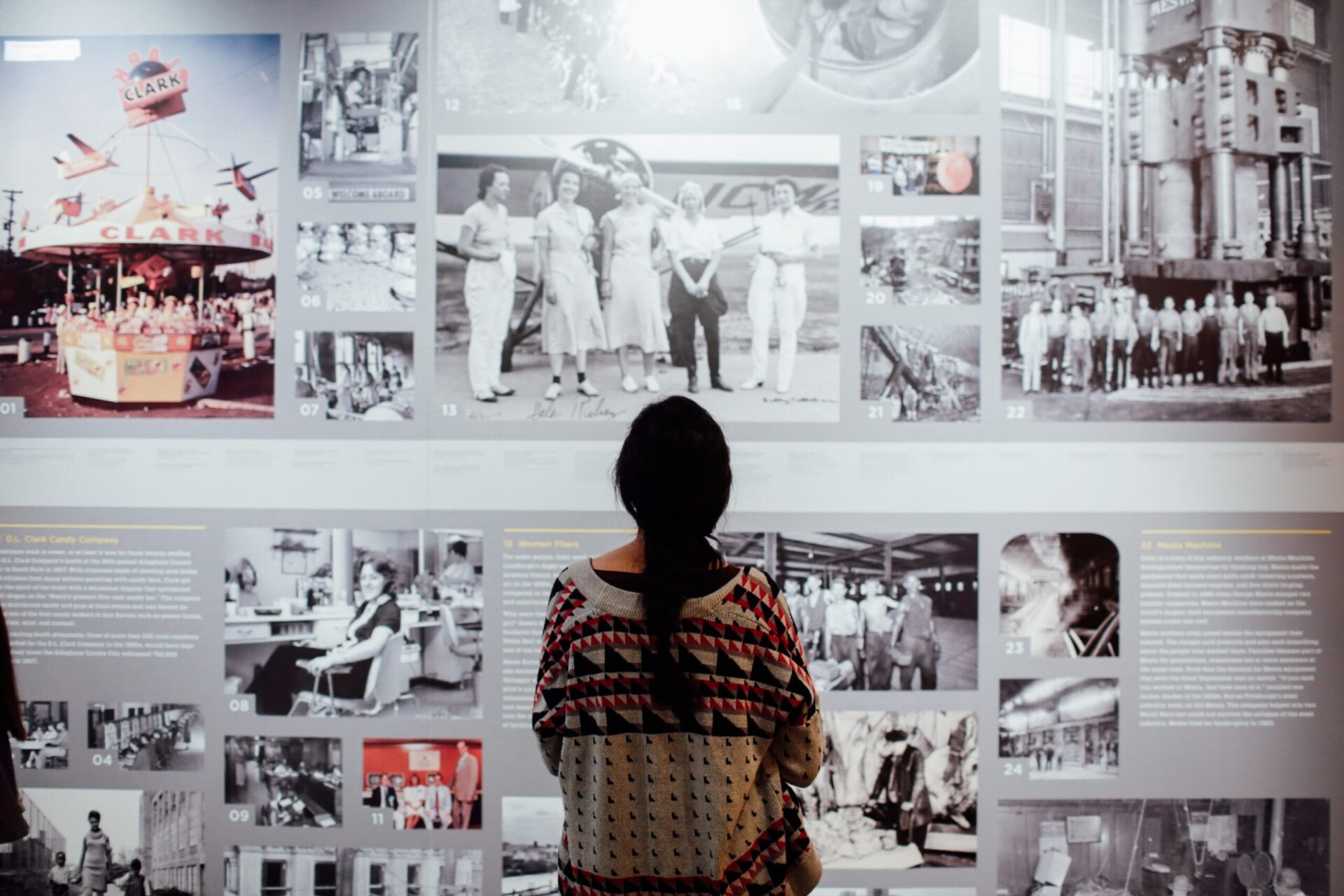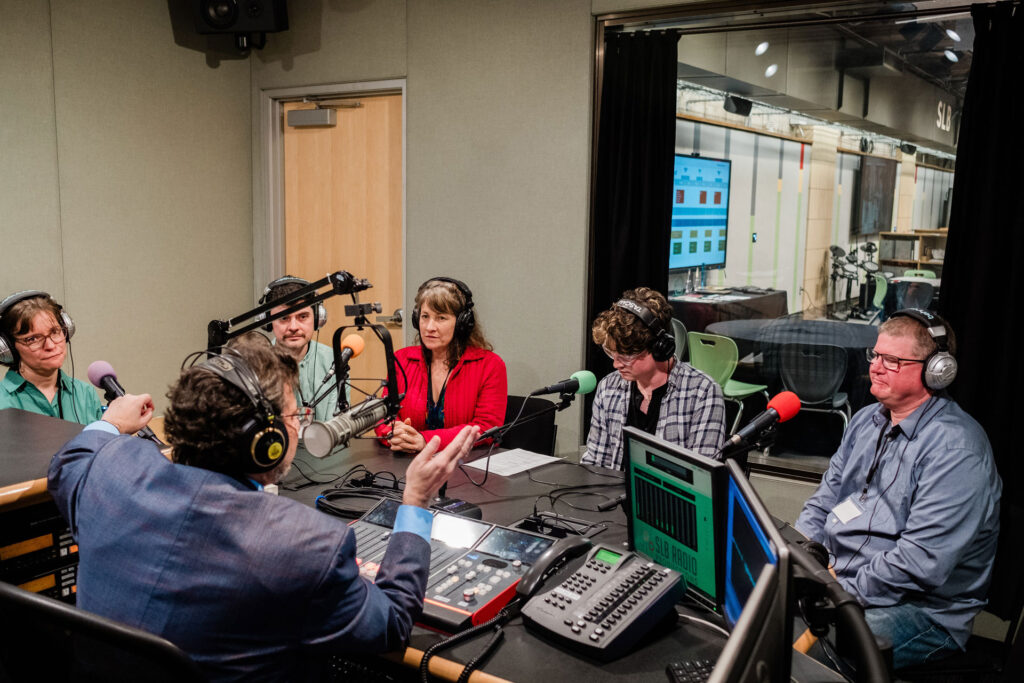The Civic Learning Ecosystem Working Group is passionate about fostering a deeper understanding of civic education. Recently, we had the pleasure of speaking with several community leaders who shared their thoughts on the gaps in civic learning, its importance today, and their visions for an ideal civic education system.
Identifying Gaps and Opportunities in Civic Learning
Brian White, Superintendent of Butler Area School District, emphasized a critical gap: “A lot of people don’t understand the structures of how our country works.” This sentiment was echoed by Liz Foster Shayna, who pointed out that students often feel disempowered at school. Sarah Pesi highlighted the need for advocacy skills, stating, “It’s not only about understanding how government works but also how to influence policy and mobilize around causes.”
Brianna Mihok, from the Institute of Politics at the University of Pittsburgh, brought attention to a significant issue in teacher preparation: “Not enough time is spent on social studies in pre-service teaching programs.” This lack of training leaves new teachers underprepared to teach essential civic concepts.
The Importance of Civic Learning Today
Roman Benty from the LIGHT Education Initiative underscored the importance of civics education in understanding our shared humanity: “Civics education is rooted in understanding our own human experience and the humanity of those around us.” In a world increasingly influenced by social media, Mallory Herd from Penn State’s Hammel Family Human Rights Initiative noted, “The rise of social media has made it more difficult to have civic discourse in schools.”
Christopher Taylor from Pittsburgh Public Schools reflected on the rapid societal changes we face: “There’s a future that’s kind of waiting to be born right now…young people need to be engaged because they’re going to be the ones that figure out the answers.” This engagement is crucial for adapting to and thriving in our evolving society.

Envisioning the Ideal Civic Learning Ecosystem
Nick Haberman from the LIGHT Education Initiative spoke about the need for inclusion and belonging: “Young people need and deserve a sense of equity, inclusion, and belonging.” This vision was shared by Beth Sandel, who emphasized the importance of youth voice in decision-making processes: “A more equitable region where youth are at all tables where decisions are being made that impact them.”
Jocelyn Artinger, an elementary school principal, envisioned a future where students are fluent in civic matters: “Students should be able to speak knowledgeably about different political topics and be active members of our society.” This fluency is essential for fostering informed and engaged citizens.
Anecdotes and Personal Touches
Adam Zahren, Program Director of Playful Pittsburgh at Trying Together, brought a unique perspective on learning through play: “I think about like, counter spaces, where people might be able to play board games and learn to listen to each other.” Paul Cindric, from the Allegheny Intermediate Unit, highlighted the importance of inquiry in civic learning: “Skills like using evidence and primary sources, and tapping into their creativity, are essential for promoting civic engagement.”
Brianna Mihok’s reflection on the anxiety caused by the fragility of democracy was particularly poignant: “The fragility of our democracy is causing anxiety among kids…it’s through empowerment that we can address these challenges.” Empowering young people to engage in their communities can help alleviate this anxiety.
Conclusion
From understanding the structures of our government to fostering a sense of belonging and empowerment, integrating civic learning into our education system is more important than ever. The insights shared by our community leaders highlight the critical role that civic education plays in preparing young people to navigate and shape our society.
As we move forward, let’s continue to support and engage in initiatives that promote civic learning. Together, we can create a more informed, connected, and resilient community.
Thank you for reading, and stay tuned for more insights on how we can foster a brighter future through civic education!

Interested in shaping the future of civic learning?
